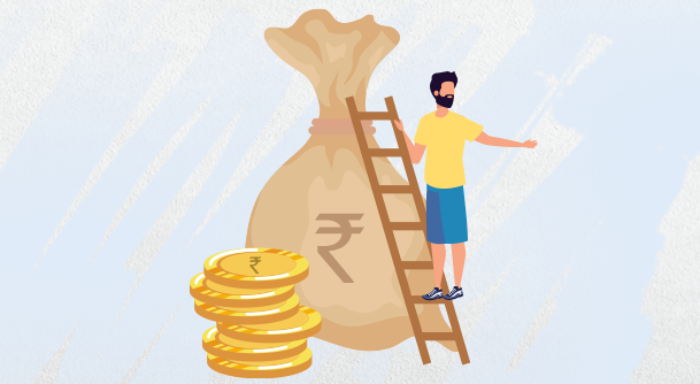Strategies People Use to Save Tax in Conventional Times
Blog Title
1073 |
7/9/23 6:59 AM |
Paying tax is inevitable for salaried as well as non-salaried individuals who have a source of income. The problem is that tax lowers the overall savings of a person without giving any monetary returns. However, the more you earn, the more tax you pay.
Although you can’t avoid paying tax, there are certain strategies that tax experts use to decrease the quantum of tax to let you pay less and increase your savings in the process. For this same purpose of promoting the culture of savings and strengthening financial inclusion, the government of India provides tax deductions under different sections provided the amount is invested in specific policies and schemes.
Strategies to save tax
Everyone wants to pay less tax as it is nothing but an added expense. By using the following strategies, you can save vast amounts of tax and decrease the overall taxable income.
Save tax under section 80C/10(10D)
Under section 80C of Income Tax Act, you are entitled to a tax benefit if you have spent your money towards paying the premium of a Life Insurance Policy. This means that the premium you pay (up to 20% of the sum assured) can be deducted from your gross total income which effectively lowers your taxable income and you have to pay less tax.
The maximum deduction you can claim under section 80C is Rs 1,50,000. By investing in a Life Insurance Policy, you not only get a financially secure future in case of an emergency but also save tax by a huge margin of Rs 1,50,000.
Another great way of saving tax is by way of a Unit Linked Insurance Plan. It combines the benefits of both a traditional life insurance policy and a mutual fund. A specific portion of your premium is invested in market-linked funds of your choice and the remaining as a premium for life cover. Being an insurance policy, the income or returns from ULIPs are tax-free under section 10(10D) of Income Tax Act.
Apart from this, if you change your plan from debt to equity and then back to debt, your gains will still be tax-free under the same section. As the new ULIPs are low cost, they have a lot to offer if you consider the dual benefits, the tax savings and being cheap on your pockets.
Save Tax under section 80CCC
Pension Plans provide financial assistance to a person after his retirement or a particular age. In other words, pension plans are a form of insurance directed towards providing financial security to a person when he/she doesn’t have a regular source of income.
Under section 80CCC of the Income Tax Act, the government of India provides deduction up to Rs 1,50,000 for contribution towards a pension plan. At maturity, a 1/3rd portion of the accumulated pension amount is considered tax free, and the remaining amount is taxed at a meager rate. If the policyholder dies, the whole amount is exempted from tax.
Save Tax under section 80D
Investing in a health insurance policy or Mediclaim is also used as a strategy to save tax. Under section 80D of the Income Tax Act, health insurance premium up to Rs. 20,000 for senior citizens and Rs. 15,000 for others is provided as a tax benefit. If the policyholder pays Rs. 20,000 for his parents (senior citizens) and Rs. 15,000 as premium on his own policy, the full deduction of Rs 35,000 is provided to him/her. Apart from this, if the policy bought is a ‘Critical Illness Policy,’ the whole maturity amount is exempted from tax.
Save Tax under section 80CCD
National Pension Scheme is a pension plan backed by the government and regulated by the Pension Fund Regulatory and Development Authority. It was launched by the government to provide regular pension to the citizens of India after they have lost a regular source of Income. Any person between the age of 18-60 can open an account under this scheme.
The contributions made towards the NPS account by a person are provided as a tax benefit up to Rs 1,50,000 along with Sections 80CCC and 80D. NPS is one of the safest and most reliable government schemes for saving for the long term with the added benefit of tax saving.
Save Tax under section 80E
The government of India provides tax deductions under Section 80E for a taxpayer who has taken an education loan for oneself, his/her spouse or children or for a student whom he/she is the legal guardian. The person is entitled to a deduction only for the repayment of interest and not for the repayment of the principal amount.
The best part about claiming deduction under this section is that there is no limit on deduction amount on the repayment of interest which can allow you to save a huge amount of taxes.
If you are confused about where to invest, you can always visit us at Edelweiss Life. We have tailor-made policies and schemes which you can help you save taxes.
Swati Tumar - Travel & Finance Writer
Swati is a Writer in the day and an illustrator at night. Among her interests, she is quite fond of art and all things creative. She often indulges herself in creating doodles, illustrations, and other forms of content. She identifies herself as an avid traveler and shameless foodie.







